We are excited to announce a new NSF funded National Research Traineeship (NRT) program in Ecosystem Science! This new graduate training program represents a collaboration across multiple disciplines, including marine sciences, anthropology, computer sciences, and Native American studies. Over the next five years, this new program will train at least 45 master’s and doctoral studies in a convergent approach to ecosystem science, which emphasizes new ways of understanding and creating data, knowledge, and tools to enable ecosystem-based approaches in marine systems. The Cammen Lab is excited to be part of this new program and anticipates recruiting 1-2 graduate students in Fall 2025. Check out the website to learn more about the new program and the other faculty who are involved.
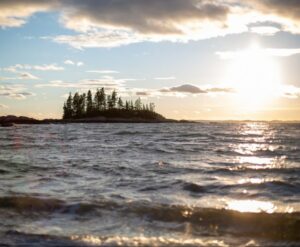
Our National Research Traineeship is made possible by the generous support of the National Science Foundation (# 2244117).

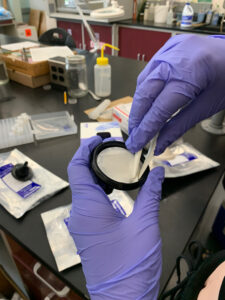 Julia Sunnarborg (PhD candidate), Jamie Fogg (Maine Top Scholar undergraduate student), and Kristina Cammen traveled to Cape Cod earlier this week to sample gray seal eDNA in collaboration with the
Julia Sunnarborg (PhD candidate), Jamie Fogg (Maine Top Scholar undergraduate student), and Kristina Cammen traveled to Cape Cod earlier this week to sample gray seal eDNA in collaboration with the 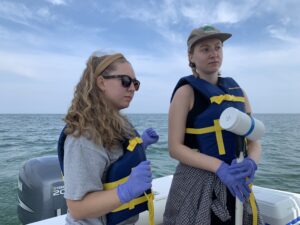
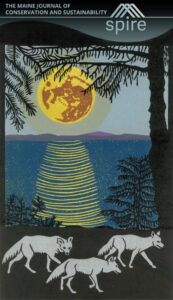

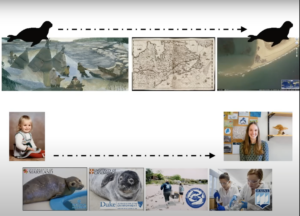
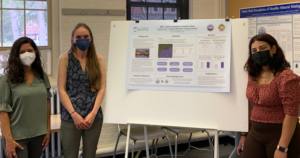
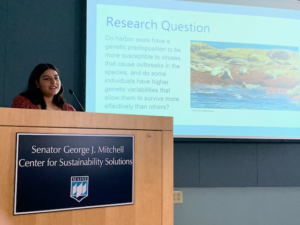

 Emma will graduate this spring from the University of Maine with Honors and a Bachelors degree in Marine Sciences. After graduation, she will continue to work with the marine mammal stranding network and pursue graduate school opportunities.
Emma will graduate this spring from the University of Maine with Honors and a Bachelors degree in Marine Sciences. After graduation, she will continue to work with the marine mammal stranding network and pursue graduate school opportunities.